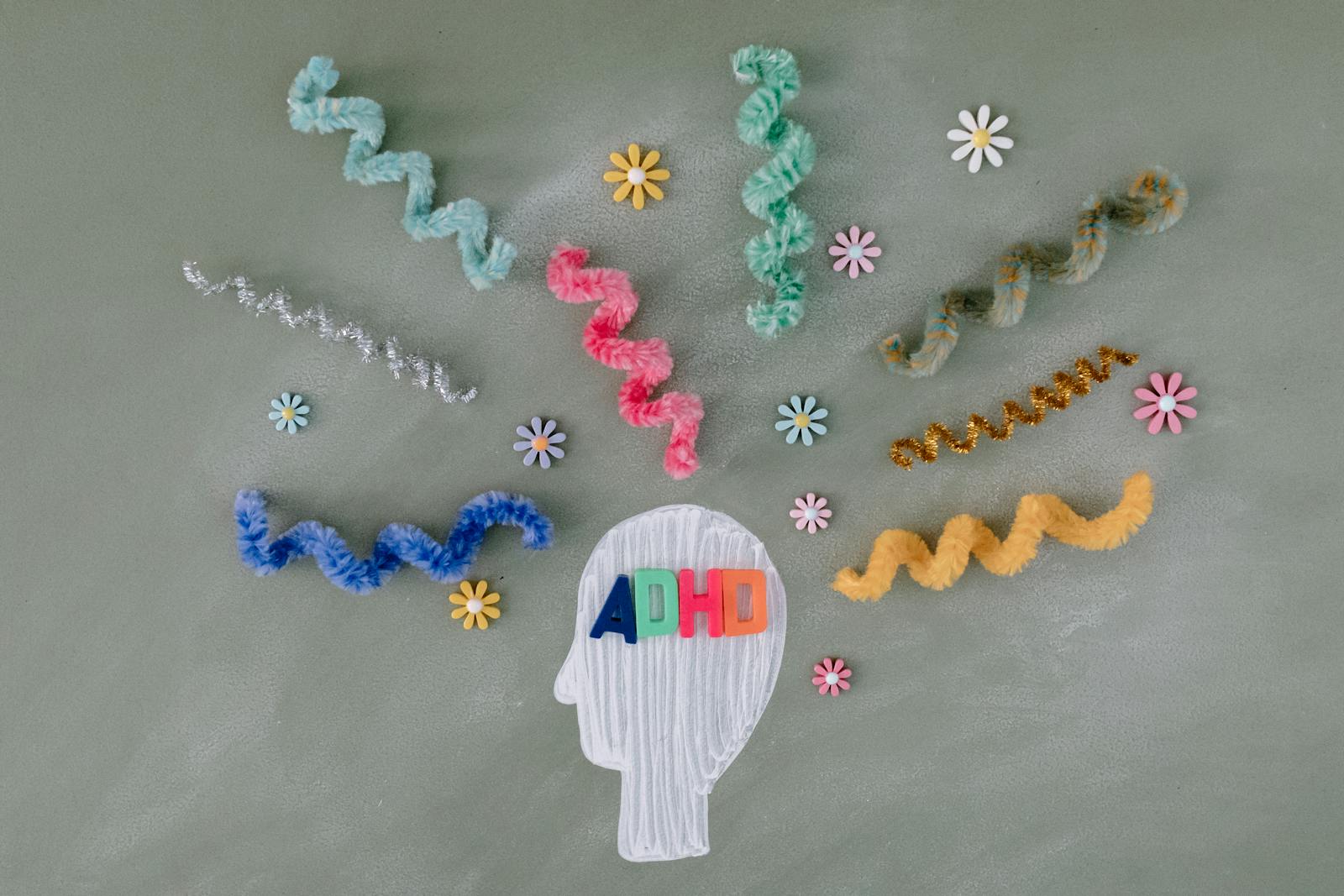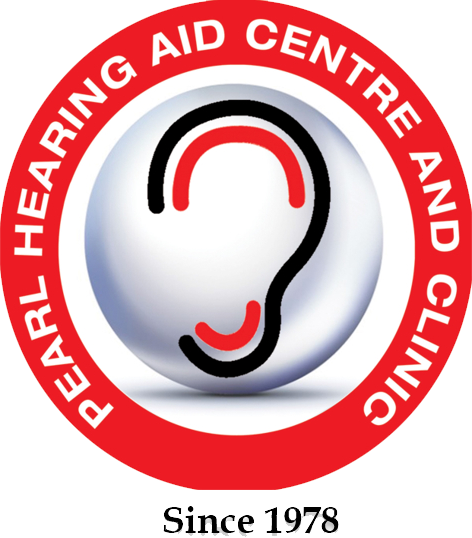Book Appointment Now

The Link Between Hearing Loss and Cognitive Health
Hearing loss is often seen as a minor inconvenience, but research shows a strong connection between hearing loss and cognitive decline. Studies suggest that untreated hearing loss increases the risk of dementia, memory loss, and reduced brain function.
At Pearl Hearing Clinic, we believe in raising awareness about the impact of hearing health on overall brain function. In this blog, we’ll explore how hearing loss affects cognitive health, the risks of ignoring hearing loss, and how hearing aids can help maintain mental sharpness.
How Hearing Loss Affects the Brain
Hearing is closely linked to brain function. When hearing loss occurs, the brain has to work harder to process sounds, which can lead to cognitive overload and eventually affect memory and thinking abilities.
Here’s how untreated hearing loss impacts cognitive health:
🔹 Increased Mental Strain – The brain struggles to fill in missing sounds, leading to mental fatigue.
🔹 Social Withdrawal – Difficulty hearing can cause seniors to avoid conversations, leading to loneliness.
🔹 Faster Brain Shrinkage – Studies show that hearing loss accelerates brain atrophy.
🔹 Higher Risk of Dementia – People with hearing loss are up to 5 times more likely to develop dementia.
💡 Fact: According to a study by Johns Hopkins University, even mild hearing loss doubles the risk of dementia.
The Risks of Ignoring Hearing Loss
Many people ignore early signs of hearing loss, thinking it’s a normal part of aging. However, untreated hearing loss can lead to:
🚨 Memory Problems – Difficulty recalling recent conversations or events.
🚨 Slower Thinking & Processing Speed – Struggles with multitasking and decision-making.
🚨 Depression & Anxiety – Social isolation can lead to emotional distress.
🚨 Reduced Independence – Difficulty hearing warnings, alarms, and everyday sounds can increase safety risks.
💡 Early intervention with hearing aids can slow down cognitive decline and keep your brain active!
Can Hearing Aids Help Prevent Cognitive Decline?
Yes! Hearing aids improve sound clarity and reduce brain strain, helping seniors stay mentally sharp and socially engaged. Here’s how they help:
✔️ Enhance Brain Stimulation – Keeping the brain engaged in conversations prevents shrinkage.
✔️ Reduce Dementia Risk – A 2023 study found that hearing aid users have a 48% lower risk of cognitive decline.
✔️ Improve Focus & Memory – Easier communication leads to better recall and thinking ability.
✔️ Boost Confidence & Social Interaction – Helps seniors reconnect with family and friends.
💡 Tip: Early adoption of hearing aids provides the greatest cognitive benefits!
How to Protect Your Cognitive Health?
✅ Schedule a Regular Hearing Test – Early detection prevents long-term damage.
✅ Use Hearing Aids If Needed – Don’t delay treatment if a doctor recommends hearing aids.
✅ Stay Socially Active – Engaging in conversations keeps the brain sharp.
✅ Exercise & Eat a Brain-Healthy Diet – Physical health directly impacts cognitive function.
✅ Consider Speech Therapy – Helps improve communication skills and mental agility.
💡 Book a Hearing Test in Kolkata at Pearl Hearing Clinic today!
How do hearing aids help brain function?
Hearing aids reduce cognitive strain, keeping the brain active and lowering dementia risk.
At what age should I get a hearing test?
Regular hearing tests are recommended after age 50 or earlier if you experience hearing difficulties.
Where can I get a hearing test in Kolkata?
Visit Pearl Hearing Clinic for a free consultation and hearing test.
Can hearing aids completely prevent dementia?
While they don’t cure dementia, they significantly lower the risk by keeping the brain engaged.



